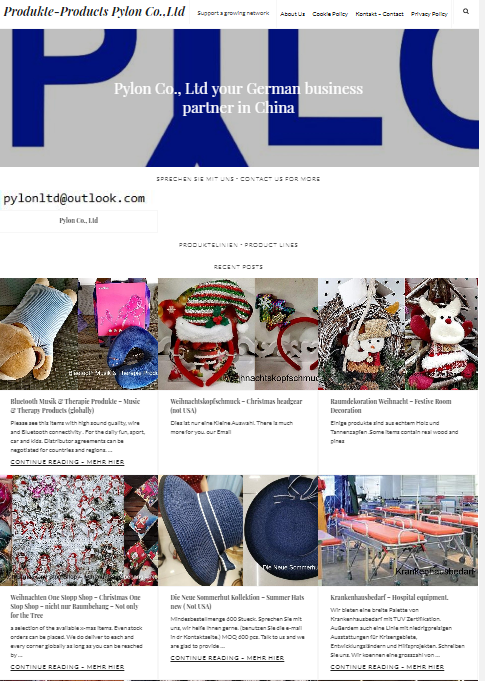Zhejiang ropes in investors for trade seminar
- Details
- Category: Ningbo Business
- Published: Tuesday, 09 June 2015 12:52
OVER 5,000 foreign businessmen made the trip to eastern Ningbo yesterday to look for trade opportunities at the 17th Investment and Trade Seminar Zhejiang China (ITSZ).
Embodying the country’s “One Belt, One Road” policy, the annual event saw contracts of “big projects” (valued at US$30 million or above, or of significance) over US$8.1 billion signed, most of them centering on manufacturing, environmental protection, e-commerce and logistics.
The tourism industry also got a major lift with the signing of deals worth over 56 billion yuan (US$9 billion). The seminar, which runs until Friday, also includes activities related to investment, transactions, conferences and forums. An “Investment Report of Zhejiang of China in 2015,” compiled by Financial Times, will be released at the gathering.
Besides the foreign visitors, over 1,000 Chinese merchants, mostly from Zhejiang Province, participated in the event as well.
The province, which accounted for 6.3 percent of China’s economy in 2014, is benefiting from investments from Europe and the US.
Official figures show that by the end of last year, Zhejiang Province had more than 10,000 European and American funded companies, out of which, the actual use of foreign funds was over US$15 billion last year.
The numbers have kept swelling. Investment from Europe and US surged 22.5 percent from 2013 to 2014, and 31.6 percent during the first quarter of this year.
“Ningbo’s pro-business environment provides lots of convenience for companies,” said Raman Eswaran, general manager of HELLA Group, a global manufacturer of lighting technology. He cites the example on how the city encourages local schools to train specialists for companies.
GiantKONE, a joint venture between Finland’s KONE Corporation and Zhejiang Giant, presented a “transcript” to prove the success of the cooperation — its sales orders are now 16 times more than a decade ago, while the sales revenue is as much as 25 times more.
Earlier this year, the province welcomed Heineken in Jiashan County. The international beer brand invested 130 million euros (US$141 million) and established a factory in 90 days.
Zhejiang authorities said that Central and Eastern European investors showed huge potential, leading the local government to set up the China-CEEC Investment and Trade Expo last year. The expo runs parallel to the seminar.
The 16-nation CEEC stands for Central and Eastern European Country and includes Poland, Czech and Slovakia.
“Trade between CEEC and Ningbo accounted for 5 percent of the country’s trade with CEEC last year,” said Zhang Yan, deputy secretary general of Ningbo.
The CEEC Specialty Exhibition at the expo covers an area of 5,000 square meters and has attracted almost 200 exhibitors.
In addition, the 14th China International Consumer Goods Fair, which is a part of the ITSZ, is spread over 100,000 square meters and has 4,000 booths.
Japan and South Korea have also shown interest in Zhejiang. Panasonic started the exploration in 1992, and now has five companies in Hangzhou. Japan’s JFE, Toshiba and Mitsubishi have also invested in the province, while SL and LG are major investors from South Korea.
By the end of last year, there were around 4,700 South Korean or Japanese invested ventures.
Statistics also show that technology-led businesses are the main stream of investments.
In 2012, Chang’an Ford Automobile established a manufacturing plant in the province. Shanghai Volkswagen, French pharmaceutical company Sanofi, and IT industry leader Cisco soon followed. Cisco set up its China headquarters in Hangzhou. Earlier this year, Apple opened its largest Apple store in Asia in the city of Hangzhou.
It is little wonder therefore that the main thrust in the speeches include “To Make A New Engine of Asia-Pacific Economy,” “New Opportunities of Investing Transnational-capital in Zhejiang,” and “Intelligent Manufacturing and Internet Innovation.”
Speakers include James Kynge, principal of China Confidential and Renminbi Compass, proprietary research services from the Financial Times, Liu Shijin, deputy director of Development Research Center of the State Council, and Fredmund Malik, an Austrian economist with focus on management science.








